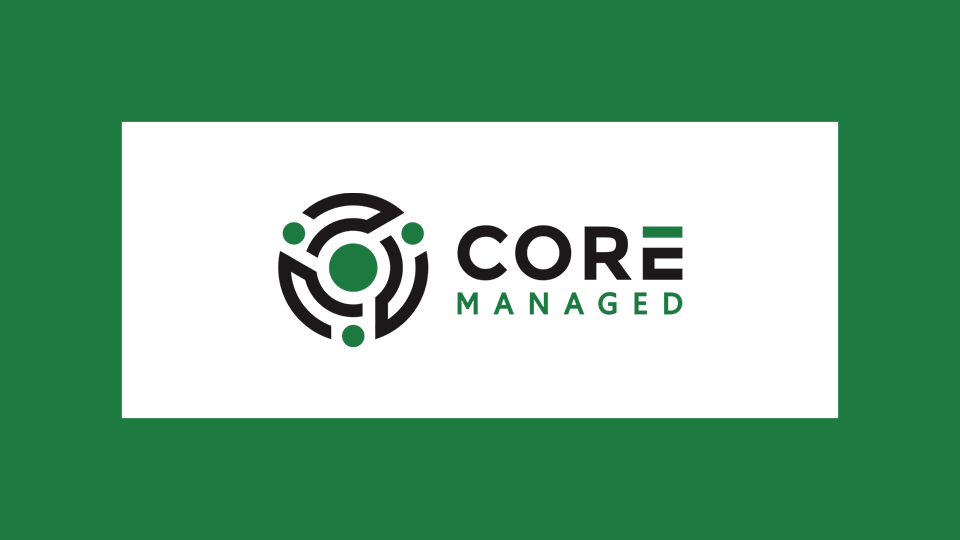Maybe you started your business in a basement or home office. It was just you at the beginning. Then, your service or product gained traction. The number of staff grew, and you moved into an office. It’s amazing how far you’ve come. Better still, your business continues to grow. It may be time to consider some of these tech tips to help your thriving business.
#1 Upgrade to Business-Grade Cloud Services
Perhaps you’ve been relying on free software from Gmail, Outlook, or Dropbox. Who can argue with free email, calendars, collaboration and file storage right? Well, it may be time to upgrade to the business versions of the software your team relies upon.
Move from Gmail to Google Apps, or Outlook to Office 365, or Dropbox to Dropbox Business. For a small monthly fee, you gain business-grade features.
The basic Google Apps offers business email, video and voice conferencing, secure team messaging, shared calendars, 30GB cloud storage and document, spreadsheet and presentation creation. Plus, you gain greater security and administration controls. Right now, a disgruntled employee could refuse to give up control of a business account.
You’d be out of luck. With Google Apps, your business would control all accounts and could simply reset the password.
Or Dropbox Business provides added storage space and user activity and sharing auditing. Unlimited file recovery and version history make recovery easier. A remote wipe feature protects files on a stolen device).
#2 Revise your backup strategy
A consumer grade backup setup was enough when you were only dealing with one computer. Now that you have many computers, it’s worth enhancing your backup strategy.
With 3-2-1 backup, your business has a minimum of three backups. Two would be onsite (but separate from one another) and the other offsite. We recommend the cloud. Having your backups in a unified location helps efficient recovery if disaster strikes. With cloud backup, your data is encrypted for storage in the cloud. You can set parameters for how often data is backed up and confirm that it is backing up correctly. Then, if something does go wrong, you can access essential data from anywhere, anytime via the cloud.
#3 Consider Cloud-based Accounting Services
Traditional small business accounting software requires a large database on the desktop computer. As more people need access to the database, the problems start. With multiple people accessing the accounting software:
- The network can slow when people try to access it remotely
- Changes can’t be made while someone else is in database
- Data can get mismatched depending on who has the “newest” version
Cloud-based accounting packages address these challenges. With online accounting software, it’s easy for your business to scale. Business owners can connect to the data from any device with an Internet connection. Plus, in the event of a disaster, productivity won’t suffer as the information is safe and secure on the cloud.
#4 Outsource your IT
Your expanding technology allows you and your staff to do more than ever before. Great. But it also takes extra resources to monitor, manage, and secure it all. By outsourcing IT, your business gains IT expertise. Meanwhile, your in-house IT team can focus its efforts on driving growth.
Outsourcing IT also provides long-term cost savings by reducing downtime, cutting infrastructure costs, and improving security to avoid costly cyber-attacks.
Keep your business growth in check with an eye out for value-adding initiatives.
Want to know more about the benefits of any of these tech tips? Give us a call at 317-497-5500.


